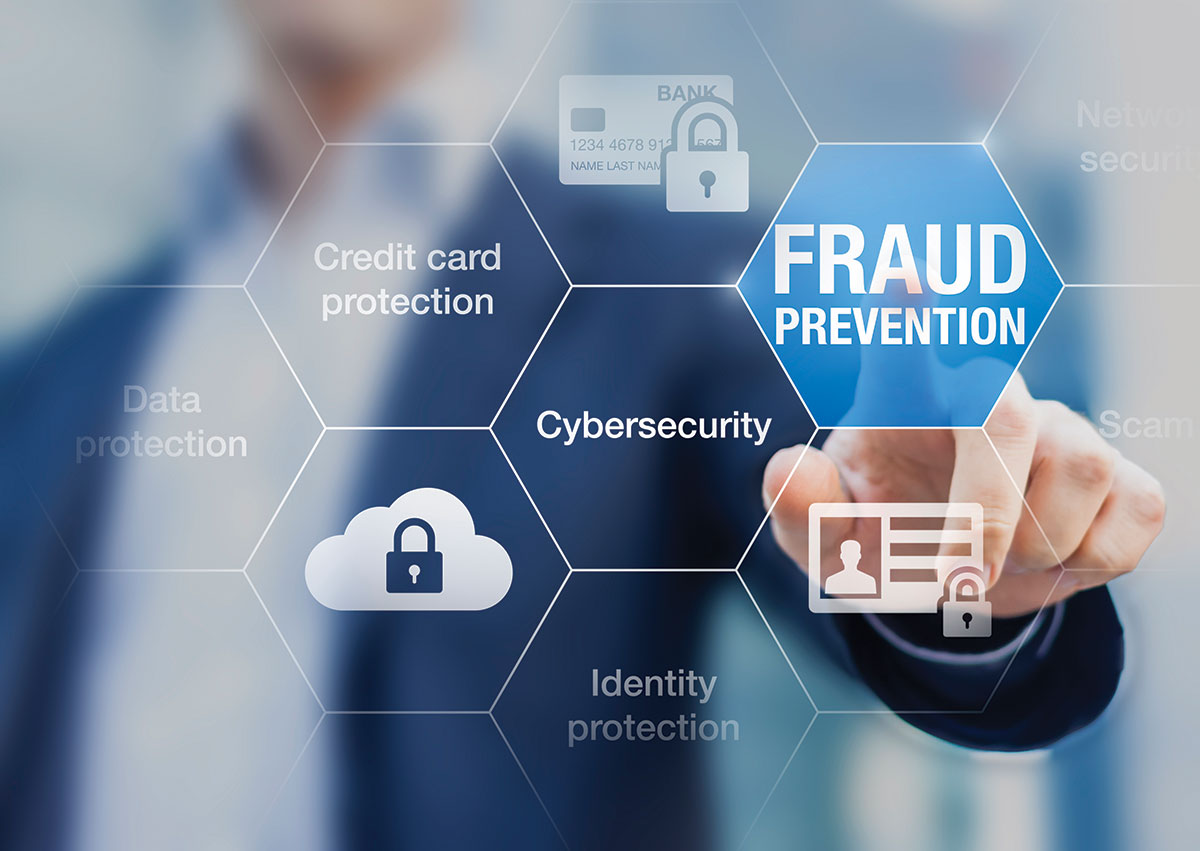In today’s digital age, cybercriminals constantly search for new ways to commit fraud.
One common tactic is creating a sense of urgency that causes victims to act fast without thinking things through.
This usually involves urgent-sounding emails, phone calls, or text messages that claim to be from legitimate organizations or charities.
These types of scams tend to occur in times of crisis, such as natural disasters, when people feel particularly vulnerable and eager to help others.
The consequences of falling prey to such scams can be devastating. In this blog, we’ve provided six essential tips to stay alert and avoid these fraudulent schemes.
1. Be suspicious of payment methods
It’s important to always be suspicious of charitable organizations requesting that you donate via cryptocurrency, Western Union, wiring money, or gift cards.
This is a common red flag as legitimate charities typically only accept donations via credit cards, checks, or PayPal, all of which are traceable and offer some level of fraud protection.
Remember, cryptocurrency transactions are irreversible, meaning you can’t recover your money if it’s a scam.
2. Don’t rely on caller ID
Cybercriminals have found ways to manipulate caller ID to carry out charity scams and other illegal activities in recent years.
One tactic they use is “spoofing,” which involves changing the caller ID phone number to make it look like the call comes from a local area code or a name you trust.
This is why avoiding giving out personal information over the phone is important unless you’re 100% sure who you’re speaking with.
3. Do your own research
Another common ploy fraudsters use to steal money is creating a fake charity that looks or sounds like a real one.
Researching before donating is essential, as it’s very easy to become a victim of charity fraud. Start by verifying the organization’s name and logo to ensure it’s a legitimate charity.
You can do this by checking the organization’s website, looking for reviews and ratings online, and checking their registration and tax-exempt status.
4. Be cautious of social media and crowdfunding sites
Crowdfunding sites like GoFundMe and social media platforms like TikTok have become increasingly popular ways to raise money for personal emergencies, medical bills, and community projects.
But it’s essential to be cautious when you see appeals like these – particularly in the aftermath of a crisis or during the holiday season. There is always a chance charity scam artists may be behind the fundraiser.
Be wary of emotional pleas that use high-pressure tactics or play on your sympathies. Scammers often use dramatic language or heart-wrenching stories to convince you to donate.
5. Don’t fall for sly tricks
Another scheme charity scammers use is tricking you into believing you’ve previously donated to their organization. They aim to create a false sense of familiarity and trust between you.
To protect yourself, be cautious and verify the authenticity of any donation request and ensure it came from a registered charity.
6. Don’t share your information
Unsolicited personal or financial information requests may come in various forms, including phone calls, emails, or text messages.
These requests may claim to be from a particular organization and ask for personal information such as your social security number, credit card details, or bank account information.
It’s important to remember that a real charity will typically not ask for sensitive personal or financial information in an unsolicited request.
Cybercriminals are always looking for new ways to take advantage of people, especially during times of crisis or tragedy.
By following the tips we’ve shared in this blog, you can help protect yourself and your loved ones from fake charities and other fraudulent schemes.
Have you been a victim of fraud?
If you fear you may have been a victim of fraud, a scam, or bad business practices, you can report the issue to the Federal Trade Commission.
Or, if you think your Union State Bank account has been compromised, please contact the Bank by calling 1-855-468-6872 or contacting your local branch. A complete list of Union State branches can be found here.
